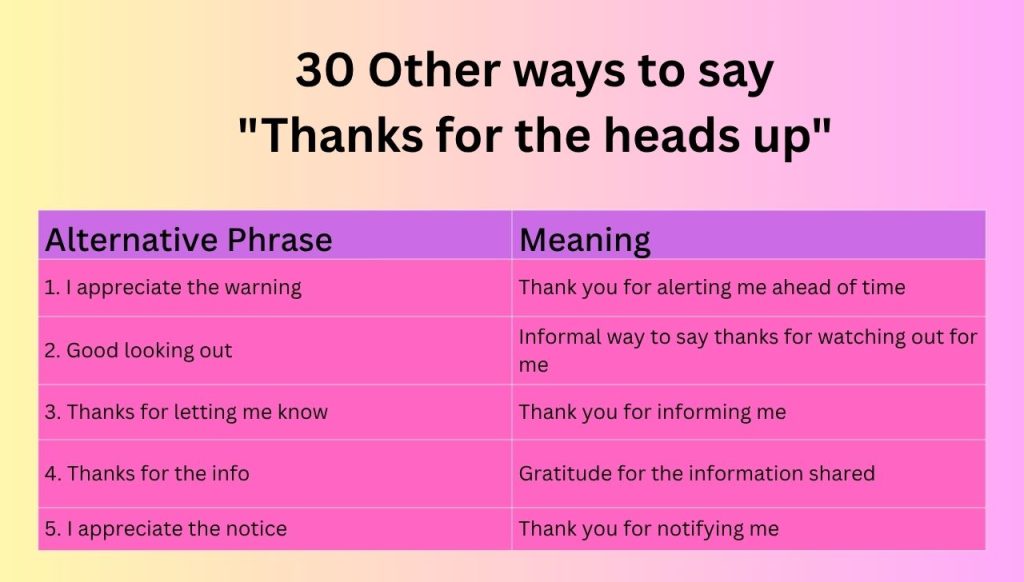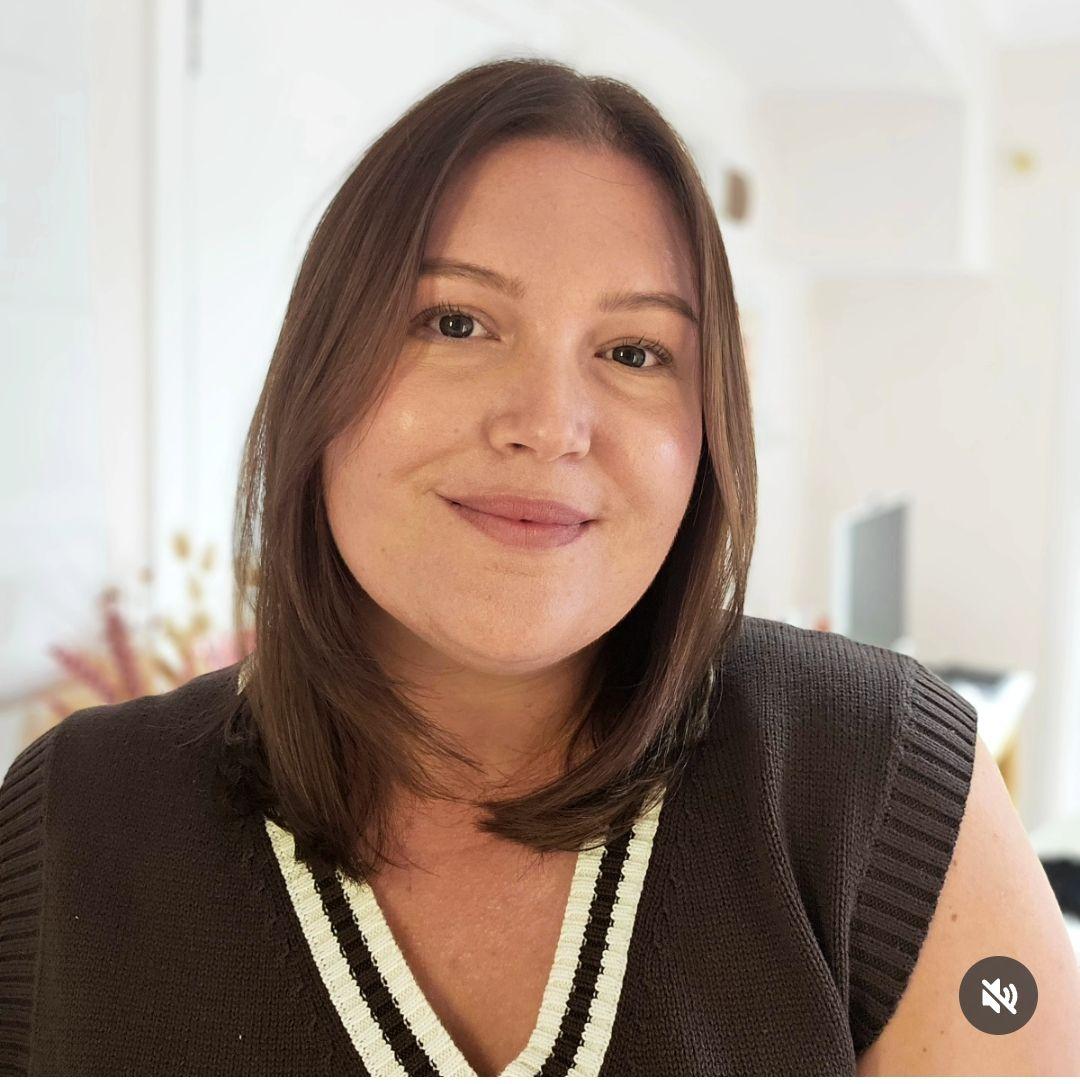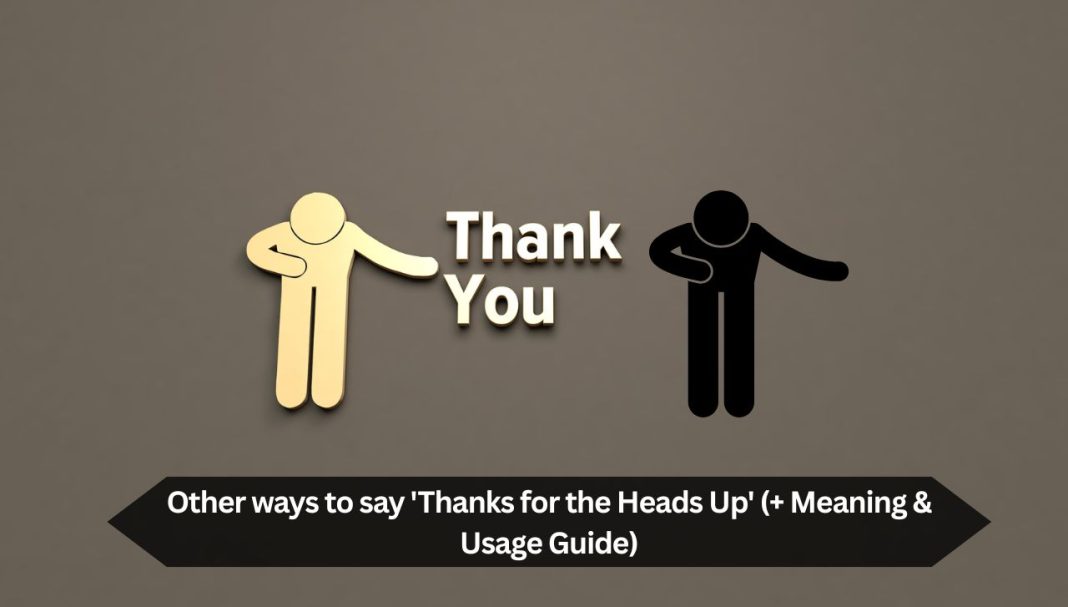Ever get a message from someone warning you about something just in time—maybe a last-minute schedule change, or a heads-up about a tricky client walking in the door? You shoot back a quick “Thanks for the heads up,” and that’s that. It’s simple, polite, and effective. But let’s be real—how many times can you use the same phrase before it starts to feel… robotic?
Whether you’re writing an email, texting a friend, or chatting in a Slack thread, having a few variations up your sleeve helps you sound a little more natural—and a little less like a default response generator. This article unpacks the meaning and usage of “thanks for the heads up,” explores when and why it’s appropriate, and offers alternative ways to say it that feel fresh, professional, or just more “you.”
“Thanks for the Heads Up” Meaning
At its core, “Thanks for the heads up” is a casual way of saying “Thank you for the warning” or “I appreciate the advance notice.” The phrase carries a subtle tone of appreciation mixed with readiness. It implies that the information given helped you prepare, avoid something, or simply be aware.
“Heads up” itself is informal—imagine someone shouting “Heads up!” on a construction site as a signal to duck. It has that same energy: a quick verbal nudge that says, “Pay attention, this might affect you.” Over time, it softened into a friendly way to acknowledge helpful pre-warnings or alerts.
So, when someone gives you a “heads up,” they’re not just chatting—they’re doing you a small favor by passing along timely, useful info. And your response? That’s your moment to show appreciation.
When to Use “Thanks for the Heads Up”
There’s a time and place for every phrase. “Thanks for the heads up” works best when someone gives you advance information—usually about something that hasn’t happened yet, or something you wouldn’t have known otherwise.
Here are a few common situations where it fits perfectly:
- At work: A colleague warns you that the boss is checking Slack messages. Or someone tells you the client call was moved up. That’s a heads-up moment.
- In social settings: A friend lets you know your ex RSVP’d to the same party. Definitely a heads-up situation.
- Online or via text: Someone messages you about a system outage, a policy change, or even a bad restaurant review you were about to walk into blindly.
It’s typically used in informal to semi-formal environments. It’s not something you’d put in a legal document or formal letter to a CEO—but it’s totally fine in most day-to-day conversations, including workplace chats, emails, or casual writing.
Dive Deeper : 30 Other Ways to Say “Please Be Advised” (With Meaning, When & Why to Use It)
Why Say “Thanks for the Heads Up”
Now here’s the thing: people like to feel helpful. When someone gives you a heads-up, they’re doing you a favor, even if it’s a tiny one. By saying “thanks for the heads up,” you’re acknowledging their effort, and that matters more than you think.
Here’s why this phrase—and its many cousins—carries weight:
1. It builds goodwill.
Even quick expressions of gratitude can leave a positive impression. A simple thank-you shows you’re paying attention and value the other person’s input.
2. It shows situational awareness.
You’re not just thanking them—you’re signaling that you understand what’s going on. That awareness helps in group dynamics, especially in fast-moving environments like offices or online communities.
3. It keeps things casual but respectful.
The phrase walks a nice line between casual and polite. It doesn’t sound overly formal, but it still communicates that you’re not taking their help for granted.
4. It opens the door for follow-up.
Sometimes, a “thanks for the heads up” can lead to more conversation—maybe you ask more questions, offer help, or pass the info along. It keeps communication flowing.
But sometimes, the phrase gets overused. And that’s where alternatives come in handy.

30 Other ways to say “thanks for the heads up”
| Alternative Phrase | Meaning |
|---|---|
| 1. I appreciate the warning | Thank you for alerting me ahead of time |
| 2. Good looking out | Informal way to say thanks for watching out for me |
| 3. Thanks for letting me know | Thank you for informing me |
| 4. Thanks for the info | Gratitude for the information shared |
| 5. I appreciate the notice | Thank you for notifying me |
| 6. Thanks for the update | Appreciation for the latest information |
| 7. I’m glad you told me | I’m thankful you informed me |
| 8. That’s helpful, thanks | Thanks for the useful information |
| 9. Thanks for the tip | Thank you for the useful suggestion or warning |
| 10. Thanks for keeping me informed | Grateful for being kept in the loop |
| 11. Appreciate the heads-up | A direct synonym with casual tone |
| 12. Thanks for filling me in | Thank you for giving me the details |
| 13. I appreciate the insight | Gratitude for sharing perspective or foresight |
| 14. Cheers for the warning | British/informal way to say thanks for the alert |
| 15. Thank you for the heads-up | Polite variation of the original phrase |
| 16. Good to know, thanks | Thankful for learning something useful |
| 17. Thanks for the advance notice | Thank you for telling me early |
| 18. I’m grateful for the update | A slightly more formal expression |
| 19. Thanks for pointing that out | Thank you for highlighting that information |
| 20. Appreciate the FYI | Informal way to thank for a “for your information” message |
| 21. Thanks for giving me a heads up | Variation of the original, slightly more conversational |
| 22. Thanks for flagging that | Gratitude for drawing attention to something important |
| 23. Good catch, thanks | Acknowledge and appreciate someone’s observation |
| 24. Appreciate the quick note | Thankful for a short and timely update |
| 25. Thanks for bringing this up | Gratitude for mentioning an important issue |
| 26. Thanks for the alert | Thankful for being warned or alerted |
| 27. Appreciate the reminder | Thank you for reminding me |
| 28. Thanks for looping me in | Thank you for including me in the conversation or decision |
| 29. Thanks for the callout | Appreciate being alerted to a problem or issue |
| 30. Much obliged for the tip | Polite/formal way to say thanks for the information |
Dive Deeper : 30 Other Ways to Say “Enjoy Your Weekend” (And When to Use Them)
Conclusion
So there you have it—“Thanks for the heads up” might be your default, but it doesn’t have to be your only option. The way we say thank you shapes how we’re perceived: attentive or aloof, appreciative or transactional. Swapping in a few fresh phrases keeps your communication human, thoughtful, and dynamic.
At the end of the day (okay, not literally), it’s not about using fancy words. It’s about being aware of tone, timing, and the people you’re talking to. And hey, if someone’s looking out for you, the least you can do is make your thank-you feel just a little more meaningful.

Grammar Nerd, ESL Trainer, Low-Key Comma Crusader
Daniel has taught English for over a decade, from small community classes in Oaxaca to bustling university halls in London. He has a knack for turning even the driest grammar points into relatable, real-life language tools—think fewer red pens, more real talk. He co-founded Grammation to make grammar less gatekeeper-y and more global. When he’s not decoding sentence structures, he’s probably hiking with a paperback novel or adding unnecessary hyphens for fun.
“The rules of grammar should empower people—not trip them up.”


